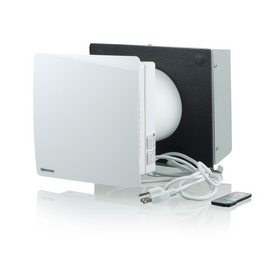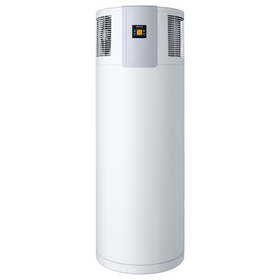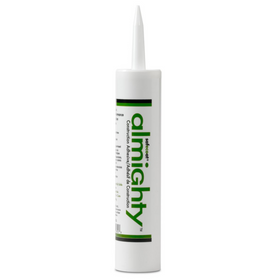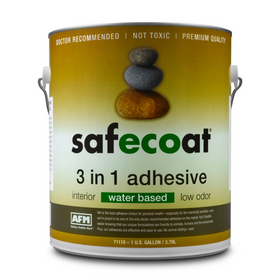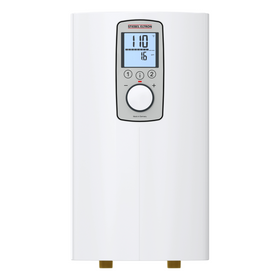- Home

Redefining Presents
In today's world, we often associate the word 'present' with a tangible, material item. One easy way to change this mindset is to substitute the word "gift" for the word present because it can encompass so much more than a material object. For example, giving the gift of an experience can be a great option. Trade in the plastic-encased, shipped across the world item for a concert, a nice dinner at a new restaurant, a spa day, maybe a round of golf, rock climbing, ice skating lessons, the possibilities are endless.
For a larger crowd, consider a group activity such as a book exchange, suggest gifts that are homemade, or schedule a day in the kitchen or the workshop.
A common concern with giving a present is, "what if they don't like it?" Well, the thinking goes, "I can just buy something, and he or she could always return it and get something that they do like." This thinking sounds like an excellent idea, but the truth is that many stores often throw away returned items, even when nothing is wrong with them. Optoro, a return optimization platform, released its findings to Retail Drive that, "5 billion pounds of returned goods end up in landfills [...] returns process accounts for 1.6 billion gallons of diesel fuel and 15 million metric tons of CO2." This practice is a massive waste of resources and contributes to an unhealthy and unsustainable planet, which we should try to avoid at all costs.
If you are struggling with ideas, a good alternative would be to go on a shopping trip with them. Spending good quality time together, they get to pick out something they will like, and hopefully, we won't be continuing to contribute to the cycle of waste upon waste. Although not as fun to open, giving a gift card is another way to avoid returning items, and there are ways to dispose of plastic gift cards properly. White Elephant (or Yankee Swap, or Dirty Santa, etc) presents may be funny. However, these gifts are often of poor quality, made in a foreign country, made of plastic wrapped in plastic, and often go unused or thrown away. If you get dragged into a White Elephant present exchange, be mindful of what you are giving. Maybe re-gift something that you are not using, or opt for a food item to be consumed instead of tossed in the trash.
Guidelines For Product Purchasing
When giving an experience or activity isn't possible, or you are looking for a material gift, here are some sustainable guidelines to follow when shopping:
#1 Look For Certifications
Certifications, or the lack thereof, can be used as significant indicators of sustainability. The best part of this strategy is that it takes away the stress of having to do all the research yourself. A few sustainable certifications are Made in the USA (or local state), B Corps, Carbon Neutral, Vegan, ENERGY STAR, Fairtrade, and Global Organic Textile Standard. For a more extensive list of certifications, the Ecolabel Index is a great resource.

#2 Be Picky About The Company
Instead of researching thousands of products and their environmental impact, pick a specific company or brand that is committed to sustainability for all its products. Shopping at a few selected stores or brands is less overwhelming than scanning through thousands of fliers, catalogs, and online product offerings and requires significantly less time and energy. And such practices support companies with strong environmental ethics.
#3 Mindful Of Material
The material world is drowning in cheap plastics, which contain harmful chemicals and are impossible to decompose. Every molecule of plastic created still exists today. Plastics are made from fossils fuels, which contribute to CO2 emission. So, unless you will like and be able to use a plastic product forever, consider looking for products made out of wood, glass, metal, or biodegradable materials.

#4 Shop Local
Shopping local has become increasingly harder over the last decade. With online shopping, a product can be shipped across the world for you with a click of a button. Convenient, yes. Contributing significantly to carbon emissions, also yes. Shopping products made in a smaller radius to where you live or even just made in your own country can slash a majority of harmful emissions and reduce carbon footprints. Another benefit is that it supports your local economy and small businesses.

#5 Shop Used
Some of the most sustainable products are ones that already exist. Used products don't just mean old or vintage. The used industry has come a long way from just your local thrift shop. The internet has boomed with second-hand resources like thredUP, Facebook Marketplace, Mercari, and Poshmark. These easy to use websites allow users to buy and sell gently used or even new products with little effort or stress. With buyer protection options, you can find the same items cheaper and avoid adding environmental damage from purchasing a new product.
#6 Quality Products
Whether you were able to incorporate any of the previous guidelines or not, finding a high-quality gift is one of the most important things to consider when shopping. Not only is it the best way to get the most for your dollar, but it is also ensuring that at least the resources sunk into producing that product will not go to waste. If a product goes unused or breaks shortly after purchase, then the energy needed, resources used, and emissions released to make it were all for nothing.
#7 Intentional Mindset
Even if you could find the perfect present that encompasses all of the guidelines and more, it is would still be a waste if the person receiving doesn't need, want, or use the present. Understandably it is difficult to find a meaningful and useful gift for certain people, but this is an excellent opportunity to use quality time or experience as a gift.

Gift Wrapping
The first step to sustainable wrapping is easy, using and reusing what you already have. Folding up bags or boxes, keeping tissue paper that hasn't been crumpled, and saving bows to re-tape for next year is an excellent first step. Due to the glossy finish or material, wrapping paper and tissue often cannot be recycled. When your wrapping supplies have run out, there are multiple ways to wrap sustainably. Stanford states in their Holiday Waste Prevention guide, "If every American family wrapped just three presents in reused materials, it would save enough paper to cover 45,000 football fields." One easy way is by buying or making reusable bags with festive cloth. These bags can be sinch at the top, button underneath, or fastened with string. The same goes for boxes, permanently decorating boxes, or buying pre-decorated boxes that can be used, folded, stored, and reused for years to come. Reusable wrapping ideas not only cut down on waste but also can save you from having to spend money year after year on wrapping paper.
If wrapping paper is a must for you, getting colorful paper rolls from an art store is a good alternative. This paper can be recycled and can look equally as festive. On the even cheaper side, using newspaper or inside out paper bags can be just as useful in covering up your presents. To add a festive flair, using a few small evergreen branches from your tree or fastening some holly to the front of the package can add beauty while avoiding the environmental damage that a plastic bow would do.
Wrapping It Up
While these guidelines could be ten times more extended and more in-depth, it is important to start somewhere. Set a goal for this year, give a handful of experiences, try to buy half of the presents locally, strive to stay away from plastic, wrap three presents wrapped in sustainable material. To learn more, Rise has articles with specific sustainable products and last-minute presents to help you with more ideas. The holidays are an opportunity to vote with your dollar for items and companies that promote sustainability.
Madeline Carlson
Madeline Carlson is a sustainable home consultant. She graduated from Eckerd College with a double major in Economics and Environmental Studies.


